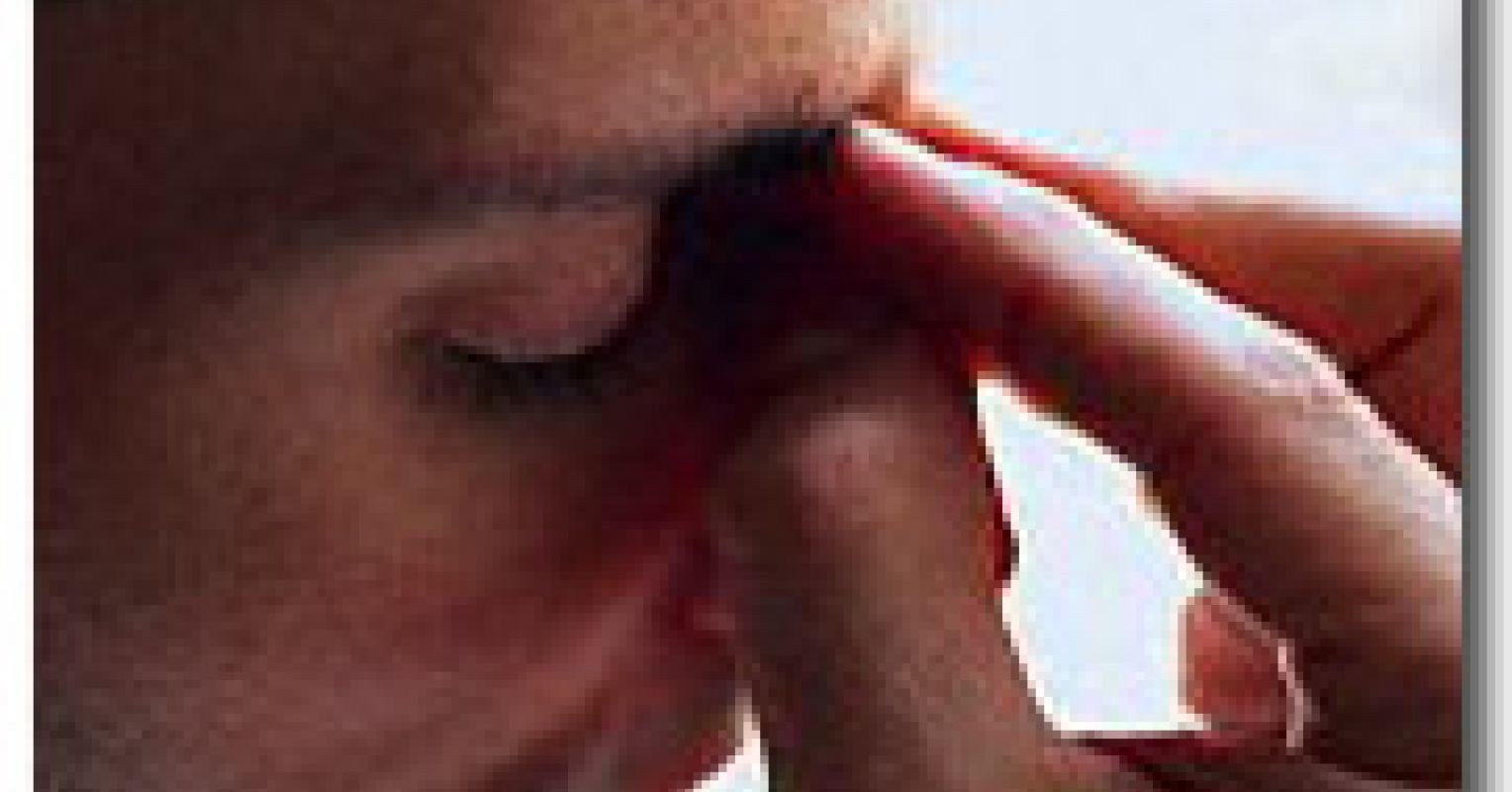- Joined
- Dec 3, 2017
- Messages
- 26,290
- Reaction score
- 16,771
- Gender
- Male
- Political Leaning
- Progressive

Understanding 12 Steps Of AA | PA | Silver Pines Treatment Center
The 12 steps of AA can be confusing, especially if you've never attended a meeting. Learn more about these steps and how they can help you get sober, call Silver Pines Treatment Center at 267.719.8689.
If you've ever been to an AA or similar substance abuse rehab program, you may understand why I consider them to be a bunch of hooey. These, and the 'Book', were creations of a guy who used the resulting money to support his mistress.
It all starts as the meeting comes to order. You raise your hand & ask the moderator if non-Christians are welcome in this group. He answers 'Yes they are.' But after the meeting concludes everyone in the room, stands, joins hands & recites the Lord's Prayer, which makes you either a hypocrite or a liar unless you really believe in this stuff.
If the prayer doesn't get your goat, their 12-point path back to sobriety will knock your socks off:
- Admitting powerlessness over the addiction
- Believing that a higher power (in whatever form) can help
- Deciding to turn control over to the higher power
- Taking a personal inventory
- Admitting to the higher power, oneself, and another person the wrongs done
- Being ready to have the higher power correct any shortcomings in one’s character
- Asking the higher power to remove those shortcomings
- Making a list of wrongs done to others and being willing to make amends for those wrongs
- Contacting those who have been hurt, unless doing so would harm the person
- Continuing to take personal inventory and admitting when one is wrong
- Seeking enlightenment and connection with the higher power via prayer and meditation
- Carrying the message of the 12 Steps to others in need
Step 2, believe in the unknowable.
Step 3, see Step 2.
Step 4 OK
Step 5, the higher power I dealt with in Step 2. Go back to Step 2.
Step 6, see Step 2.
Step7, see Step2.
Step 8, Why?
Step 9, Step 9, I'll wait for those who have wronged me to apologize first.
Step 10. OK
Step 11, See Step 2
Step 12, OK if you skip the religious stuff.


